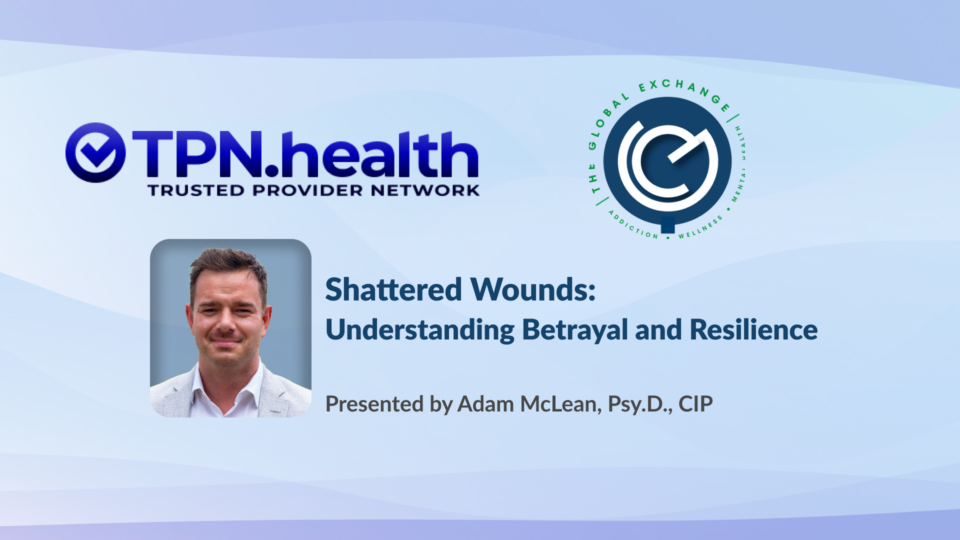
Shattered Wounds: Understanding Betrayal and Resilience
Information
Date & Time
-
-
Learning Objectives
Participants will be able to:
-
Define betrayal trauma.
-
Summarize the psychological mechanisms of betrayal trauma, including shattered trust and disrupted attachment.
-
Explain how betrayal trauma leads to higher incidences of PTSD by exacerbating feelings of vulnerability and helplessness.
-
Describe the role of cognitive dissonance and emotional conflict in the development of PTSD from betrayal trauma.
Educational Goal
The educational goal of this workshop is to increase knowledge about betrayal trauma, Post-Traumatic Stress Disorder (PTSD), and the neurological impacts of PTSD.
Description
This presentation will delve into the intricate relationship between betrayal trauma, Post-Traumatic Stress Disorder (PTSD), and the neurological impacts of PTSD. The aim is to provide a comprehensive understanding of how betrayal trauma contributes to PTSD and how PTSD, in turn, affects the brain.
Betrayal trauma occurs when individuals or institutions on whom a person depends for survival significantly violate that person’s trust or well-being. It is particularly poignant because it intertwines feelings of safety and trust with harm. Examples include childhood abuse by caregivers, infidelity in intimate relationships, and institutional betrayal. This type of trauma is unique in its potential to disrupt fundamental human relationships and can have profound psychological consequences.
The presentation will also explore how betrayal trauma is a potent precursor to PTSD. Research indicates that trauma involving betrayal by trusted individuals or institutions is more likely to result in PTSD compared to non-betrayal trauma. This section will cover:
- • The psychological mechanisms of betrayal trauma, including shattered trust and disrupted attachment.
- • How betrayal trauma leads to higher incidences of PTSD by exacerbating feelings of vulnerability and helplessness.
- • The role of cognitive dissonance and emotional conflict in the development of PTSD from betrayal trauma.
Target Audience
- Counselor
- Marriage & Family Therapist
- Social Worker
- Substance Use Disorder Professionals
Presenters
Dr. Adam McLean, is a clinical psychologist with The Guest House Ocala. Dr. McLean attended California University to complete his doctorate in clinical psychology, focusing on positive psychology and comparative mythology. Dr. McLean continues to research positive psychology, trauma, and addiction in an effort to be an advisor for those with maladaptive coping behaviors and their families. Placing a heavy emphasis on the intricacies of betrayal trauma, Dr. McLean works in continuation with his passion to help those with substance use disorder, PTSD, and co-occurring disorders. Adam’s education and experience has allowed him to help hundreds of families get their loved ones into treatment. Outside of working in behavioral health, Adam enjoys spending time with his son, Jack.
Financially Sponsored By
- The Global Exchange Conference - Exchange Events
